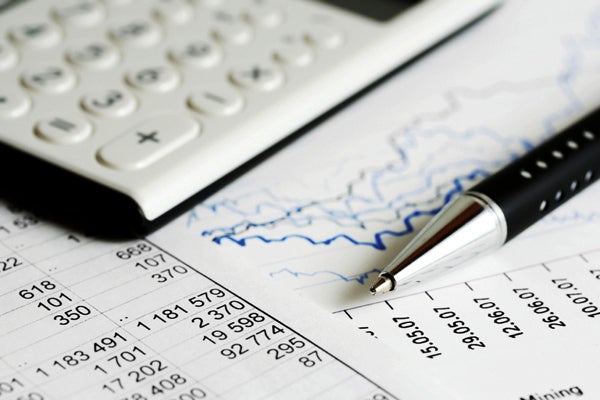Stocks edge lower but are still headed for a monthly gain
Published 3:41 pm Monday, August 31, 2020
|
Getting your Trinity Audio player ready...
|
By ALEX VEIGA and DAMIAN J. TROISE
AP Business Writers
Stocks are mostly lower in afternoon trading on Wall Street Monday after the market gave back some of its recent gains from a five-week winning streak.
The S&P 500 was down 0.2% after spending much of the morning wavering between gains and losses of less than 0.1%. Losses in financial, industrial and household goods companies outweighed gains in technology and health care stocks. Nearly three-fourths of the companies in the S&P 500 were headed lower.
The benchmark index is slightly below its all-time high set Friday after seven straight days of gains. It’s now on track to end August with its fifth monthly gain in a row and its biggest since April.
The Dow Jones Industrial Average was down 216 points, or 0.8%, to 28,436 as of 12:45 p.m. Eastern time. The Nasdaq composite rose 0.6%, adding to its market-leading gains this year. The index is up more than 30% this year thanks to outsize gains by big technology stocks. The Russell 2000 index of small company stocks was down 0.8%.
Monday was the first day of trading in the Dow since the 30-company average had its lineup of companies revamped. Salesforce.com, Amgen and Honeywell International are replacing Exxon Mobil, Pfizer and Raytheon Technologies. The shuffle was triggered by a 4-for-1 stock split in Dow member Apple. Tesla also had a 5-for-1 stock split that took effect Monday.
Apple was up 3.6%, while Tesla vaulted 7.5%.
Markets in Europe were broadly lower. The DAX in Germany fell 0.7%, while the CAC 40 in France lost 1.1%. Stock markets in the United Kingdom were closed for a holiday.
Low interest rates and massive amounts of bond purchases by the Federal Reserve have helped prop up the economy, and they’re a central reason the S&P 500 has been able to recover from its nearly 34% plunge earlier this year, even though the pandemic is still raging.
Congress has also offered unprecedented amounts of aid, though it’s hit a seeming impasse in negotiations to re-up its assistance. Weekly benefits that it approved earlier for unemployed workers have run out, and investors say the economy desperately needs another lifeline from Capitol Hill to carry it through its current weakness.
Investors have been largely willing to look a few months or a year into the future, when a vaccine for the new coronavirus will hopefully be available and helping the economy get back to normal. The market is also betting that corporate profits will rebound next year from their current coronavirus-caused hole.
Still, the economy, which despite strong housing sector growth and modest improvements in retail sales and unemployment, remains in a deep recession — a stark contrast to Wall Street’s roaring comeback the past five months.
“People need to be careful here because what we have is an exuberant rally sitting on the foundation of a shaky recovery,” said David Kelly, chief global strategist at JPMorgan Funds. He added that there will likely be a market correction “that brings us back down to Earth.”
The yield on the 10-year Treasury slipped to 0.70% from 0.72% late Friday.
Oil prices were headed higher. Benchmark U.S. crude oil was up 0.2% to $43.06 per barrel. Brent crude, the international standard, was up 0.1% at $45.85 per barrel.
Asian markets closed broadly lower except for Japan, where the market got a boost by gains for five major trading companies after investor Warren Buffett’s Berkshire Hathaway announced it bought stakes of just over 5% in those companies. Gains in Japanese factory output also helped lift sentiment.





